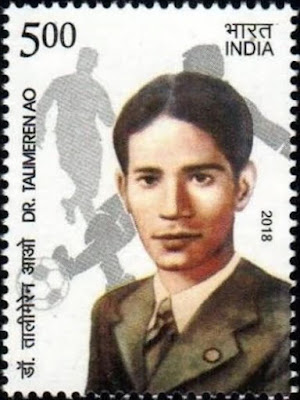Milton Snavely Hershey was a visionary American chocolatier, philanthropist, and founder of the Hershey Chocolate Company. His journey to success was marked by several business failures before he eventually revolutionized the chocolate industry.
Early Life:
Milton was born on September 13, 1857, to Henry and Fannie Hershey in Derry Township, Pennsylvania. His family was of Swiss and German descent. His early years were marked by instability, as his father was a dreamer who often moved the family around. Milton had limited formal education and dropped out of school after the fourth grade to become an apprentice to a local printer. However, his passion lay elsewhere, and he eventually secured an apprenticeship with a confectioner in Lancaster, Pennsylvania.
Early Business Ventures:
Hershey's early career was filled with challenges and failures. He tried starting a candy business in Philadelphia in 1876, but it folded after six years. Similar ventures in Chicago and New York City also failed. Undeterred, Hershey returned to Lancaster and started the Lancaster Caramel Company, using fresh milk to make his caramel candies. This innovation proved to be a huge success, and by the late 1880s, his business was thriving.
The Birth of the Hershey Chocolate Company:
In the 1890s, Hershey became fascinated by the potential of chocolate. At the time, chocolate was a luxury product in the United States, and he saw an opportunity to make it affordable for the masses. In 1893, after visiting the World's Columbian Exposition in Chicago, Hershey purchased chocolate-making equipment. He eventually sold his Lancaster Caramel Company for $1 million in 1900 and fully dedicated himself to chocolate-making.
In 1905, Hershey built a massive, modern chocolate factory in Derry Township, where he grew up. This area would soon be known as Hershey, Pennsylvania, a town he envisioned as a model community for his workers. He developed a unique formula for milk chocolate, making it affordable and accessible to the average American consumer. His signature product, the Hershey's Milk Chocolate Bar, became a national sensation.
Philanthropy and Legacy:
Hershey's vision extended beyond business. In 1909, he and his wife, Catherine "Kitty" Hershey, established the Hershey Industrial School (now the Milton Hershey School) for orphaned boys. The school provided education, housing, and care for disadvantaged children, and Hershey transferred the bulk of his wealth to the school’s trust fund. He had no children of his own, and his immense fortune was directed toward the betterment of the community and the welfare of orphans.
Milton Hershey’s philanthropic spirit continued throughout his life, including his funding of the construction of Hershey Park, the Hershey Theatre, and the Hershey Hotel, creating an entire community around the chocolate empire.
Death and Legacy:
Milton Hershey passed away on October 13, 1945, at the age of 88. His contributions to American industry and philanthropy remain significant. The town of Hershey, Pennsylvania, still thrives as a testament to his vision, and the Hershey Company continues to be one of the largest and most recognizable chocolate manufacturers in the world. His school, the Milton Hershey School, is one of the wealthiest and most well-endowed private schools in the United States.
Hershey’s legacy is not just about chocolate but also about his innovative business practices, his dedication to workers, and his deep commitment to philanthropy.









